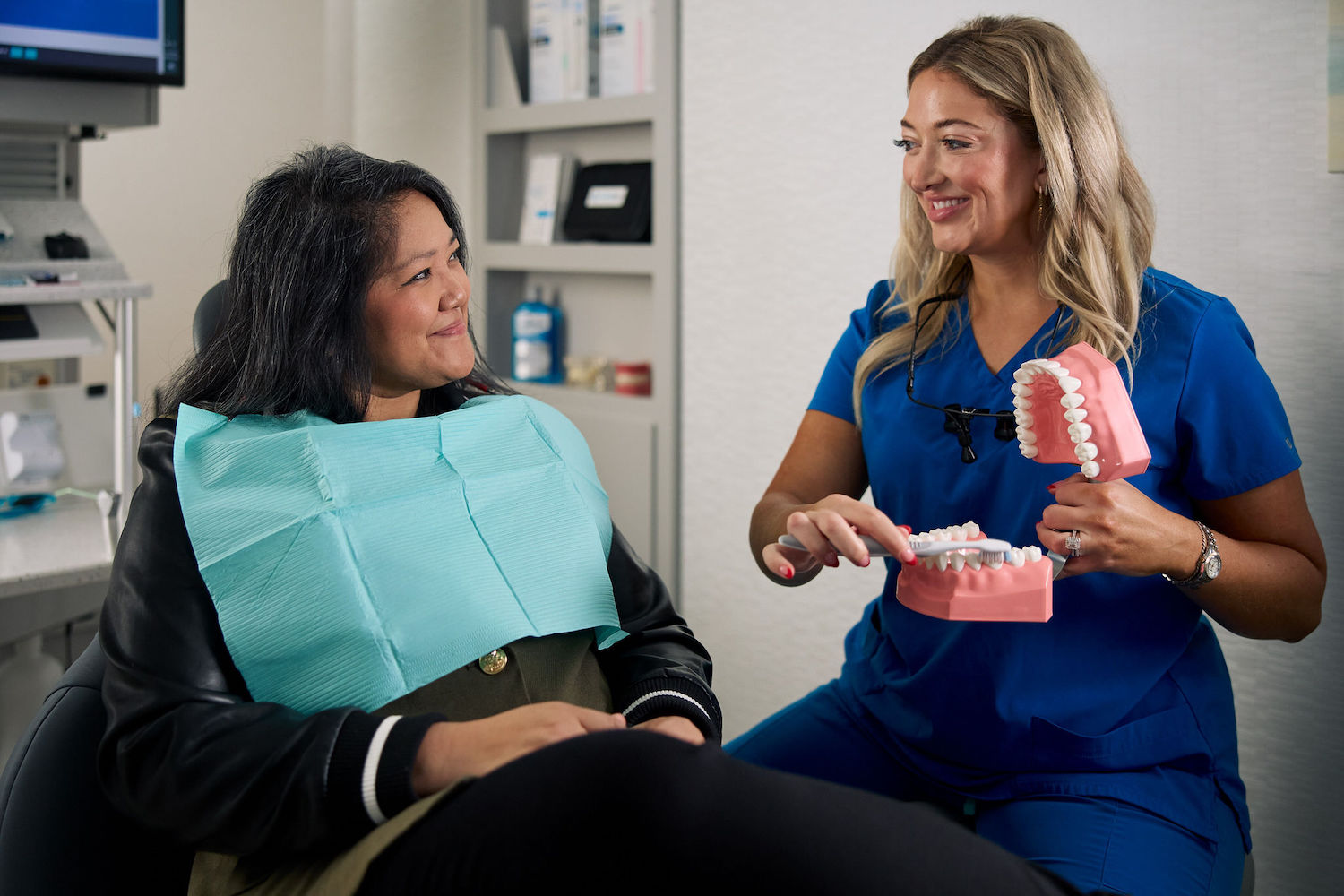In this post, explore the pros and cons of string floss and Plackers. Discover which flossing tool is right for your smile!
How to Combat Cold Sensitivity In Teeth

Cold sensitivity can be a real bummer, turning that refreshing ice cream or cool drink into a less than pleasant experience. By getting to the bottom of what causes this sensitivity and using some savvy strategies, you can say goodbye to that sharp twinge and hello to comfort.
What Causes Cold Sensitivity?
1. Exposed Tooth Roots: Sometimes, gum recession or enamel erosion plays the villain, revealing the sensitive inner layers of your teeth, known as dentin. When dentin gets exposed, cold temperatures can easily zip right through your tooth, stimulating those nerve endings and causing discomfort or even pain.
2. Dental Decay: Cavities and decay are the troublemakers of dental health. They compromise the strength of your teeth, leaving them vulnerable to temperature changes. When cold substances touch these weakened spots, the nerves inside your tooth might start protesting, leading to that oh-so-familiar sensitivity.
How To Mitigate Cold Sensitivity
1. Maintain Excellent Oral Hygiene: Keeping up with your brushing and flossing game is key. Use a soft-bristled toothbrush and fluoride toothpaste to keep your gums and enamel in top shape, making them less likely to invite cold sensitivity to the party.
2. Use Desensitizing Toothpaste: These special toothpastes are like magic for sensitivity. They contain ingredients like potassium nitrate or strontium chloride that help block those pesky nerve signals. Within two weeks, they can significantly reduce sensitivity. Just follow the instructions and incorporate them into your brushing routine for the best results.
3. Avoid Acidic and Sugary Foods: Acidic and sugary treats might taste great, but they’re not so great for your teeth. They can speed up enamel erosion and dental decay, making your teeth more prone to cold sensitivity. Try to cut down on these and rinse with water after indulging to keep their effects in check.
4. Visit Your Dentist Regularly: Routine dental check-ups allow your dentist to identify and address potential causes of cold sensitivity before they escalate. Professional cleanings, fluoride treatments, and proactive interventions can help preserve tooth structure and minimize discomfort.
Informed, Gentle Comprehensive Dentistry in North Carolina
Getting a grip on what causes cold sensitivity and taking steps in your dental care routine can really turn the tide. If cold teeth are cramping your style, don’t hesitate to reach out to Carolina’s Dentist for a thorough exam and personalized care plan!









